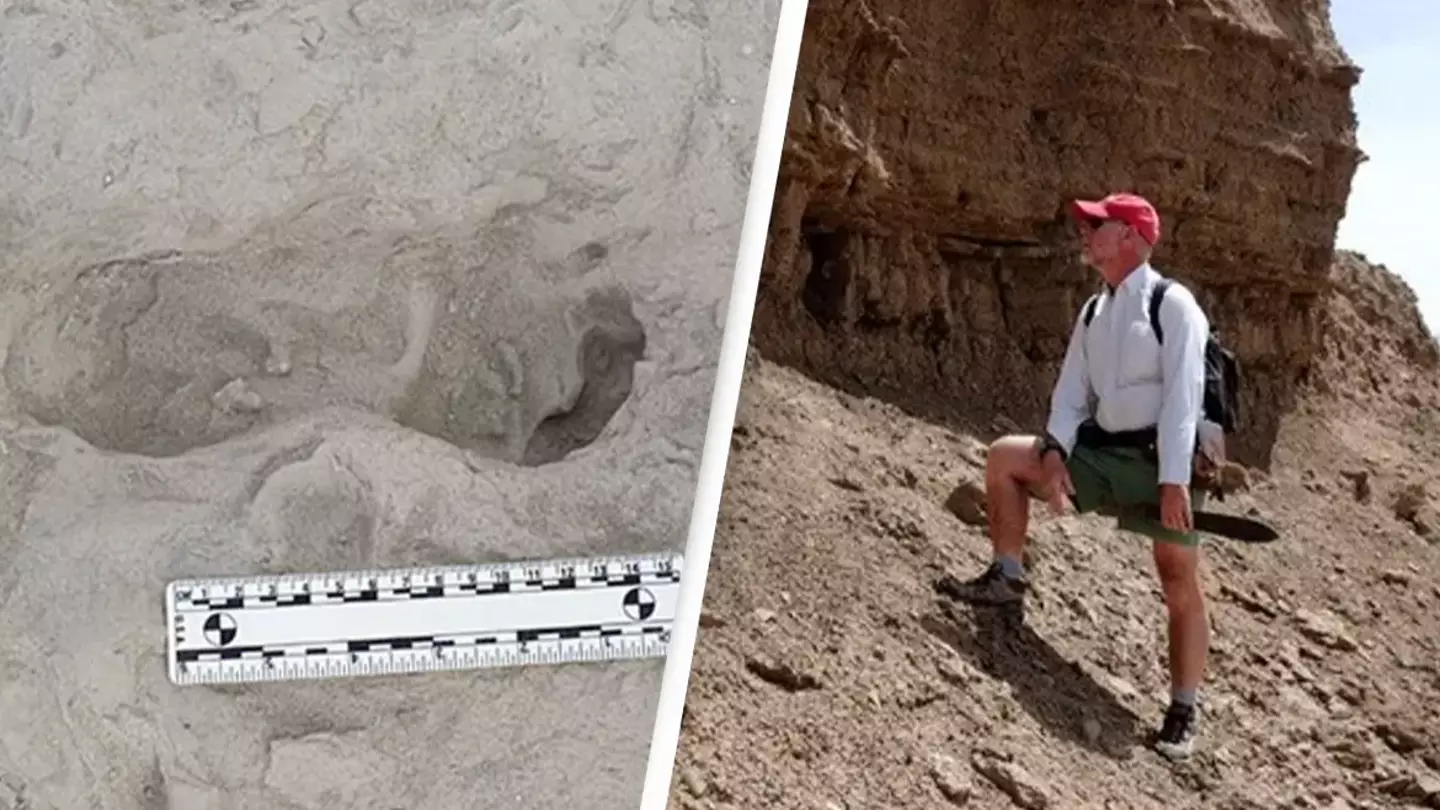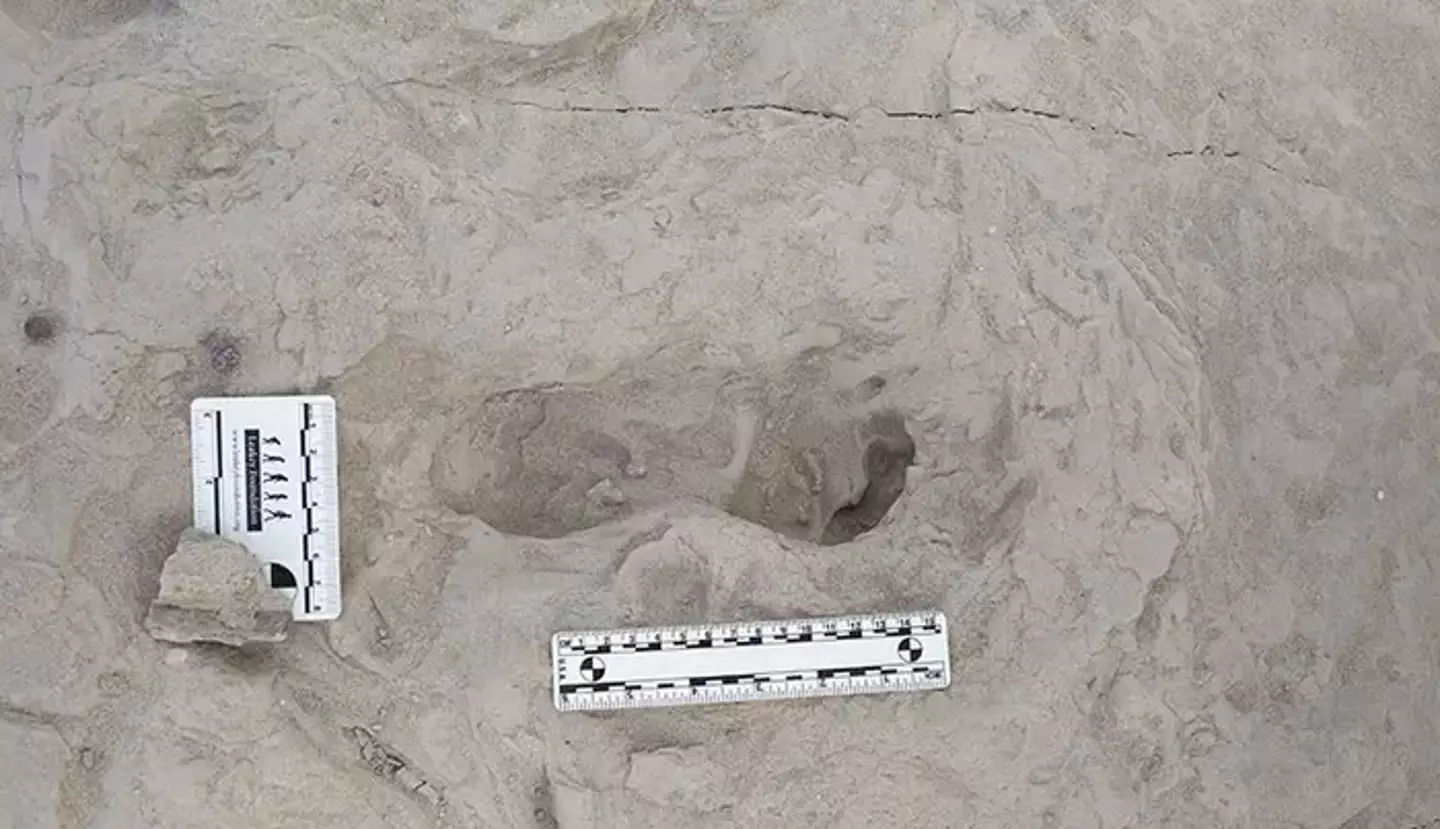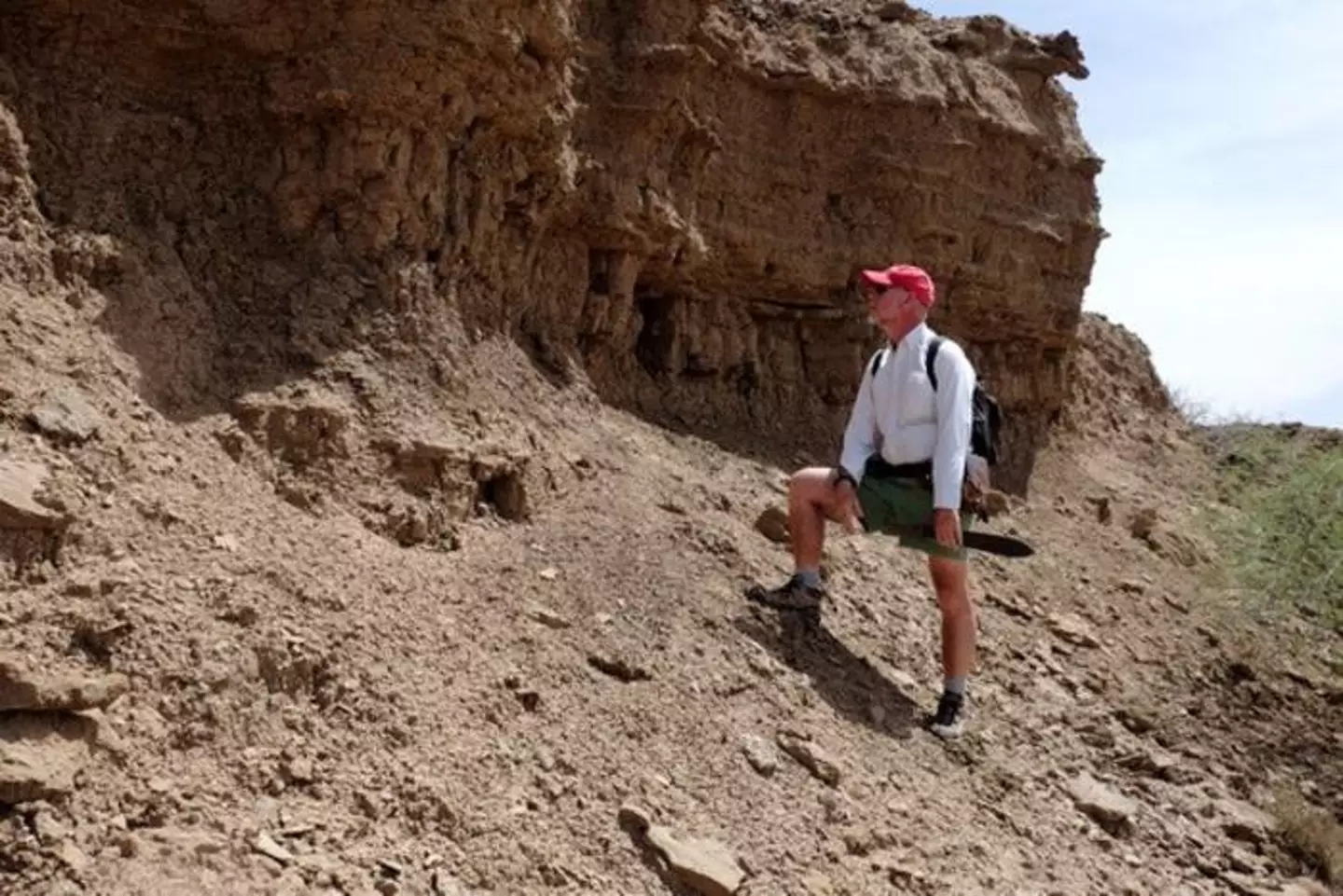
Scientists have made a major breakthrough after discovering fossils said to be dating back a whopping 1.5 million years.
While we talk about new scientific breakthroughs on the daily, this particular discovery is extra exciting as it proves new insight into the behaviors of human ancestors.
Known as hominins, our ancestors certainly had a very different way of living.
The team working on the project said in a press release on Thursday (28 November) that they had found two sets of hominin footprints.
Advert
Crucially, the evidence found on an ancient lake’s shore in Kenya were said to be made around the same time.

Kevin Hatala, an associate professor of biology at Chatham University in Pennsylvania, said: "Fossil footprints are exciting because they provide vivid snapshots that bring our fossil relatives to life.
"With these kinds of data, we can see how living individuals, millions of years ago, were moving around their environments and potentially interacting with each other, or even with other animals. That’s something that we can’t really get from bones or stone tools."
Advert
The entire findings are published in the journal Science, with the footprints the first example of two sets of hominin footprints made around the same time.
Rutgers University’s Craig Feibel notes that they can't guarantee the pair did cross paths, though it's certainly a strong possibility.
If they never met, then the expert said they would have traversed the area around Lake Turkana within just hours of each other.
To make their discovery, the team conducted a 3D analysis to distinguish one set of footprints from another.
Advert

Rebecca Ferrell, a program director at the National Science Foundation, said: "In biological anthropology, we’re always interested in finding new ways to extract behavior from the fossil record, and this is a great example.
"The team used cutting-edge 3D imaging technologies to create an entirely new way to look at footprints, which helps us understand human evolution and the roles of cooperation and competition in shaping our evolutionary journey."
This particular new discovery, known as 'trace fossils', can offer insights into footprints, nests and burrows.
Advert
However, Feibel said how the footprints are fossils that cannot be moved, which differs from the likes of bones and fellow body fossils.
He added: "This proves beyond any question that not only one, but two different hominins were walking on the same surface, literally within hours of each other.
"The idea that they lived contemporaneously may not be a surprise. But this is the first time demonstrating it. I think that's really huge."
